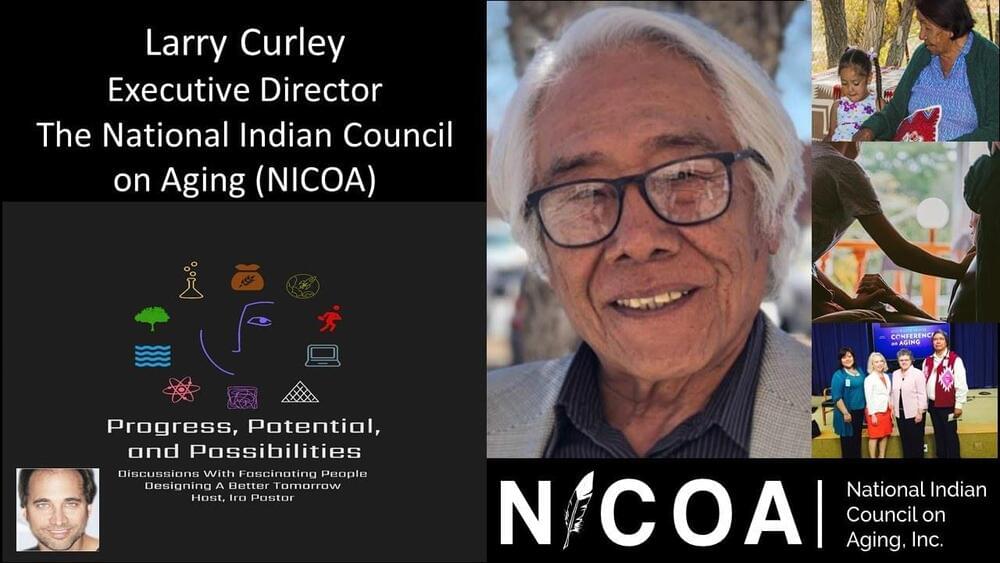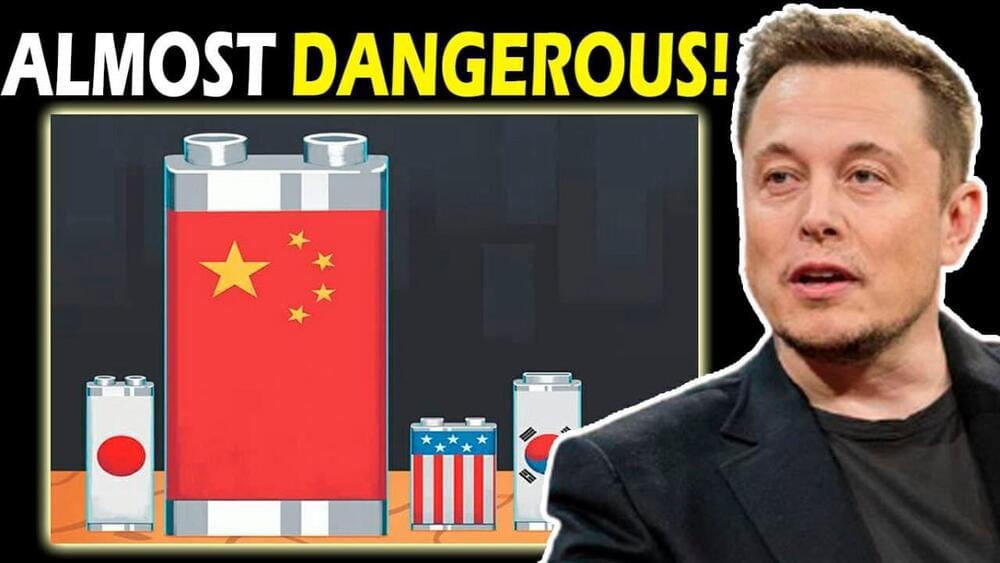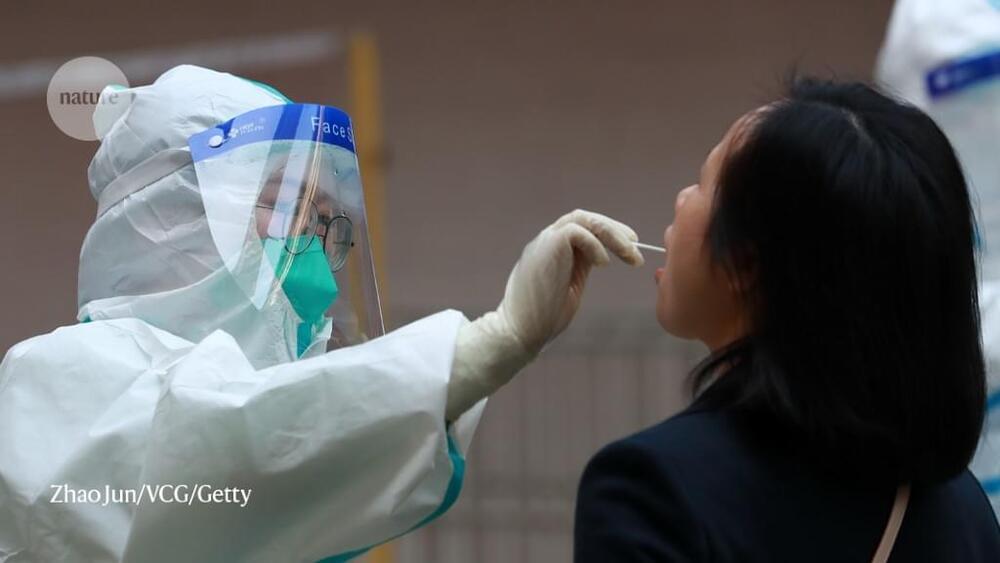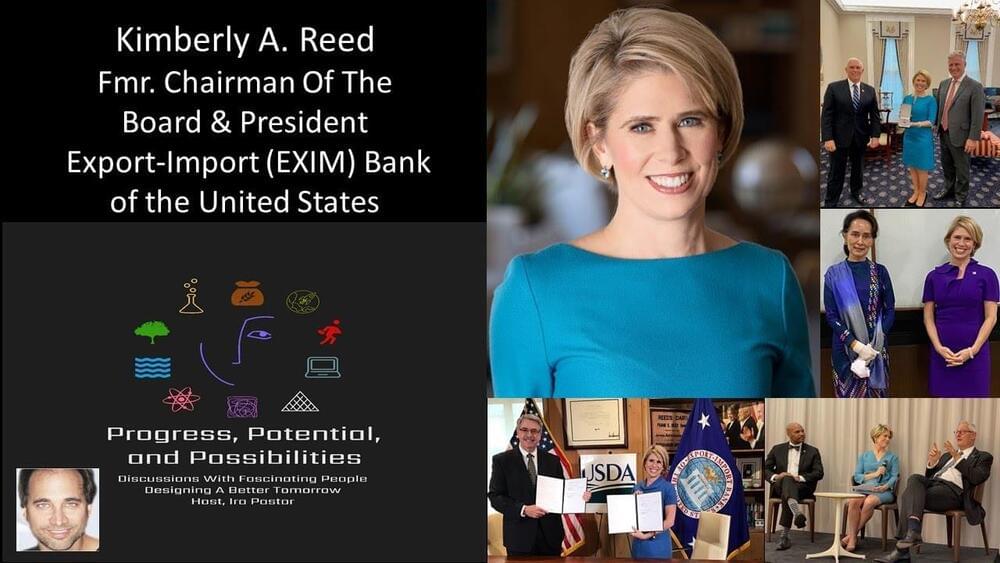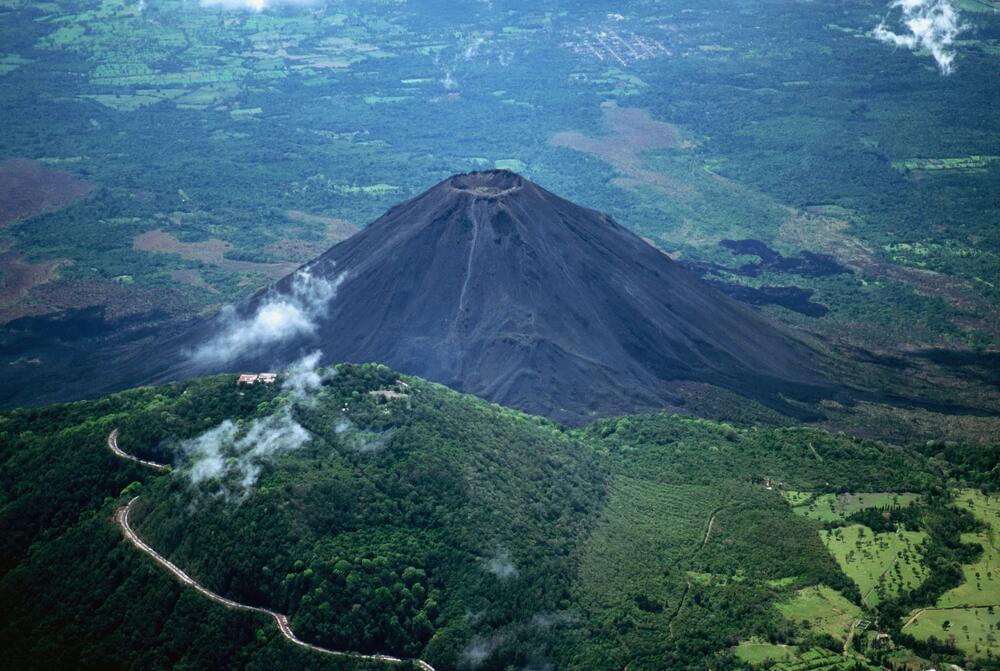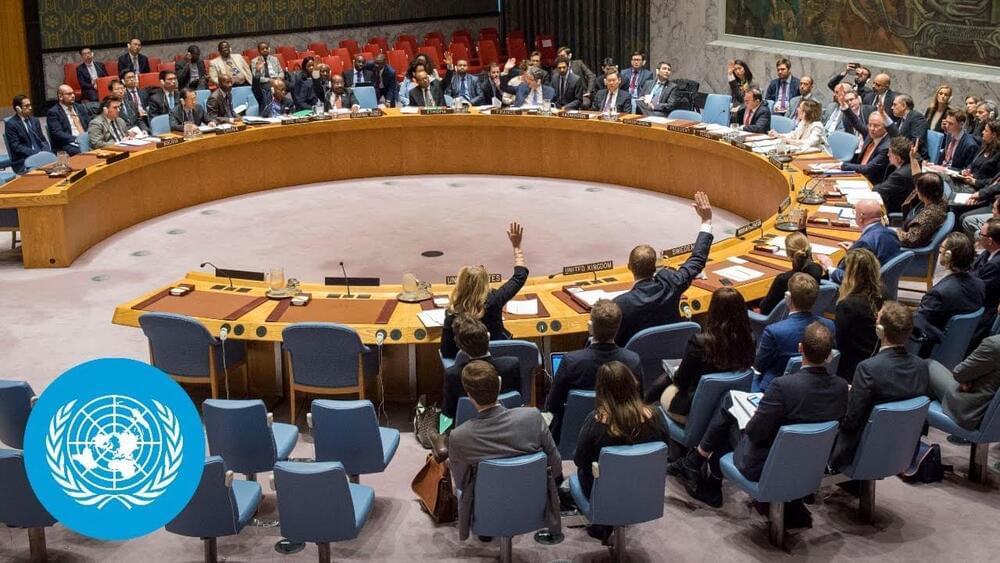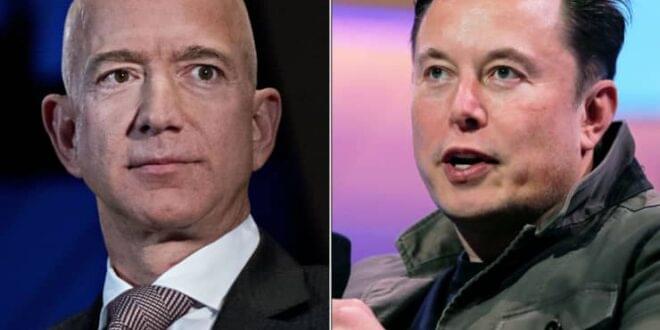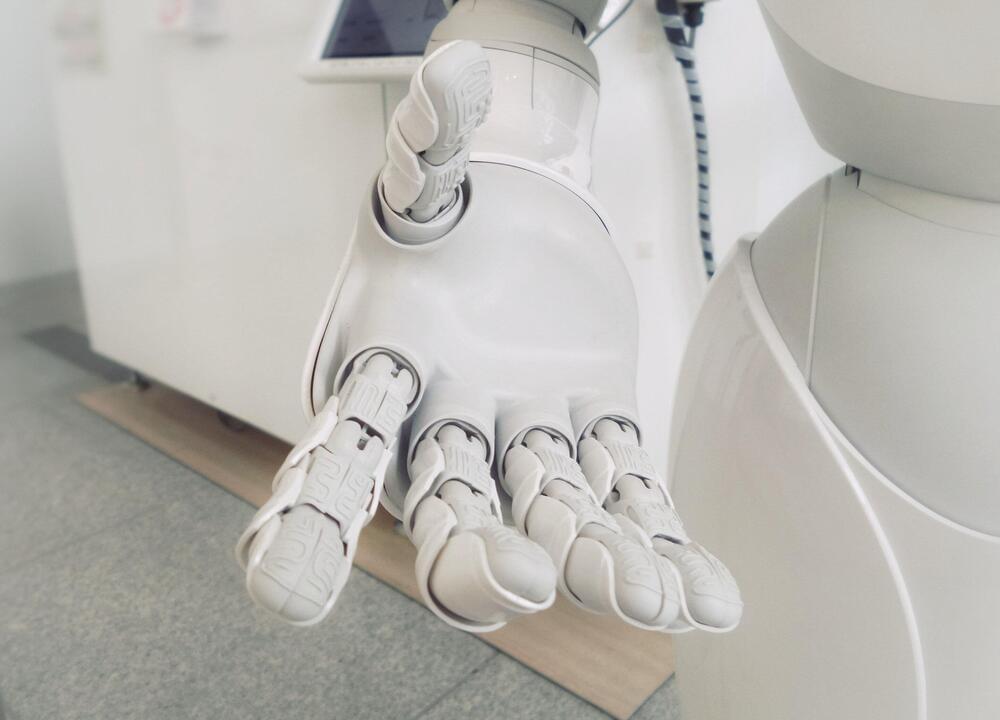Comprehensive health, social services and economic well-being for american indian and alaska native elders — larry curley, executive director, national indian council on aging.
Mr. Larry Curley is Executive Director of The National Indian Council on Aging (https://www.nicoa.org/), a 501©(3) nonprofit organization founded in 1976 by members of the National Tribal Chairmen’s Association who called for a national organization focused on the needs of aging American Indian and Alaska Native elders. The mission of NICOA is to advocate for improved comprehensive health, social services and economic well-being for American Indian and Alaska Native elders.
Mr. Curley is a member of the Navajo Nation with over 40 years of experience working in the aging and healthcare fields. He has worked with Congress, other branches of the federal government, and national organizations on aging to develop support for programs affecting elder American Indians.
After receiving his master’s degree in public administration at the University of Arizona, along with a certificate in gerontology, Mr. Curley worked as a gerontological planner at an Area Agency on Aging in Pima County, Arizona, where he was instrumental in establishing a county public fiduciary program. As a lobbyist in Washington, D.C., he successfully advocated for the passage of Title VI of the Older Americans Act, an amendment which he wrote.
Mr. Curley directed the Navajo Nation’s Head Start program, one of the five largest Head Start programs in the country, and has served as a nursing home administrator of a tribal, long-term care facility, a hospital administrator in northern Nevada, and as a college instructor at the University of Nevada-Reno and Eastern Washington University.
Mr. Curley was named as the assistant dean of the Four Corners region for the Burrell College of Osteopathic Medicine. He’s also served as the public representative on the American College of Physicians Clinical Guidelines Committee, and as the director of program development for the Rehoboth McKinley Christian Health Care Services in northwest New Mexico.
